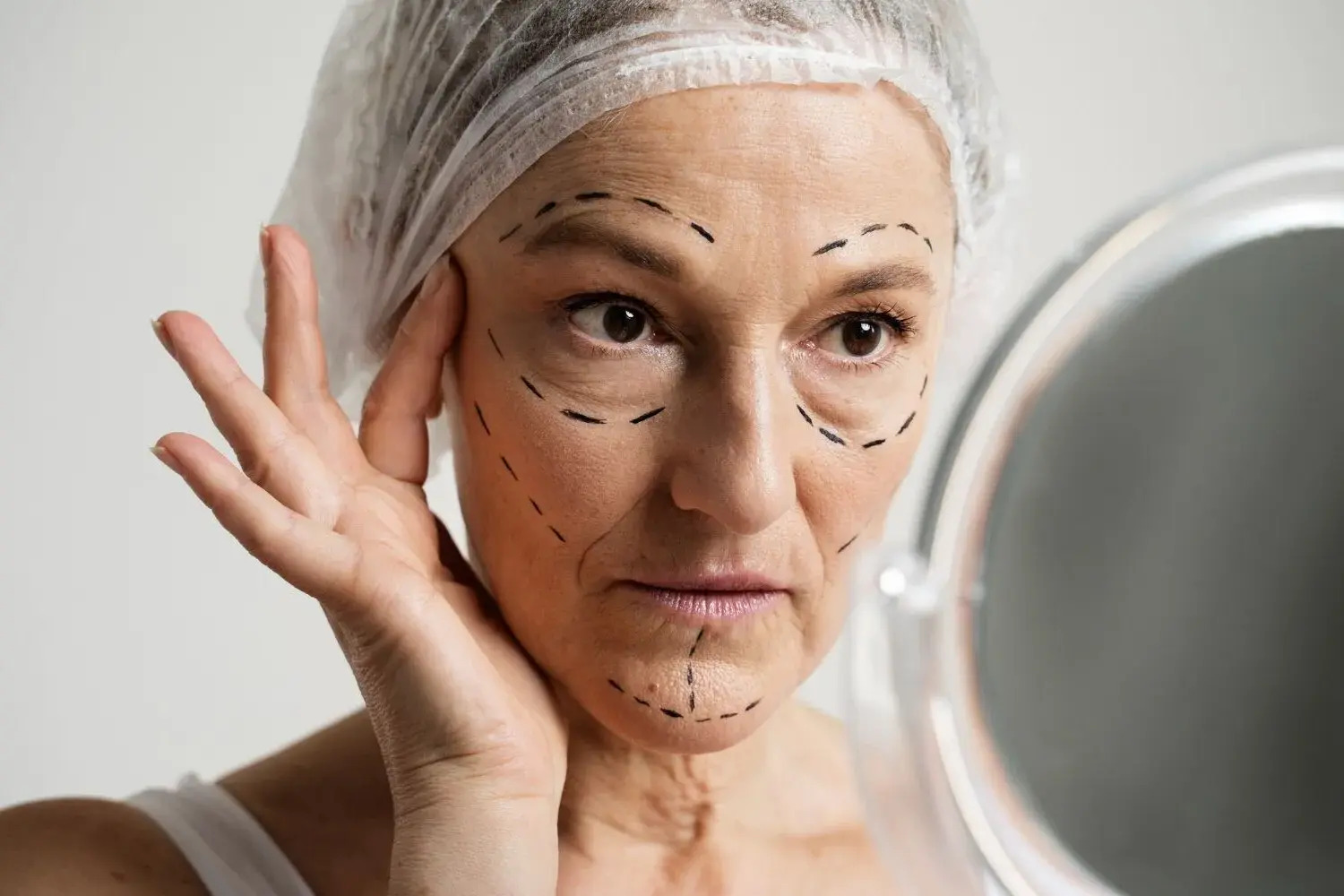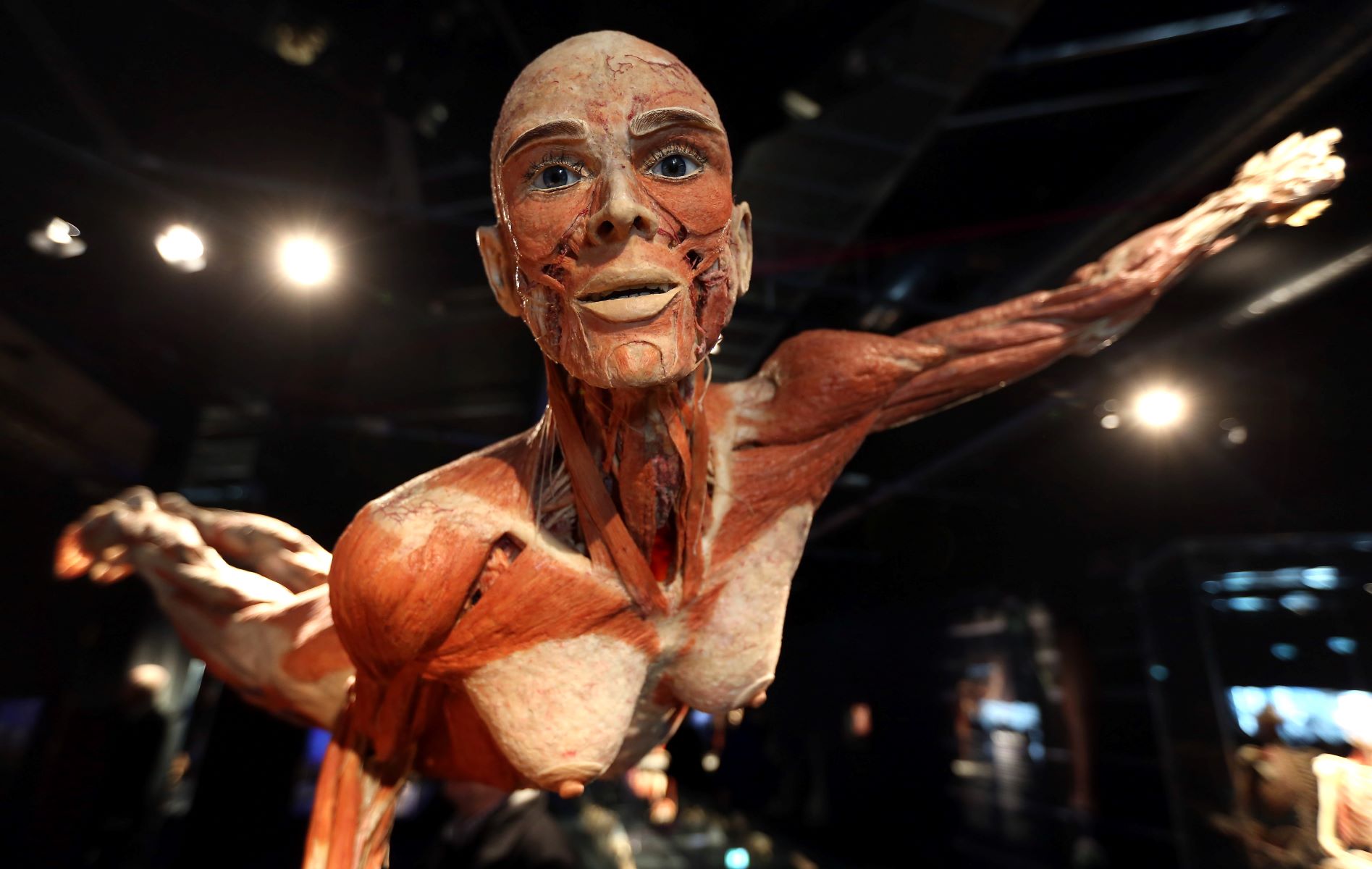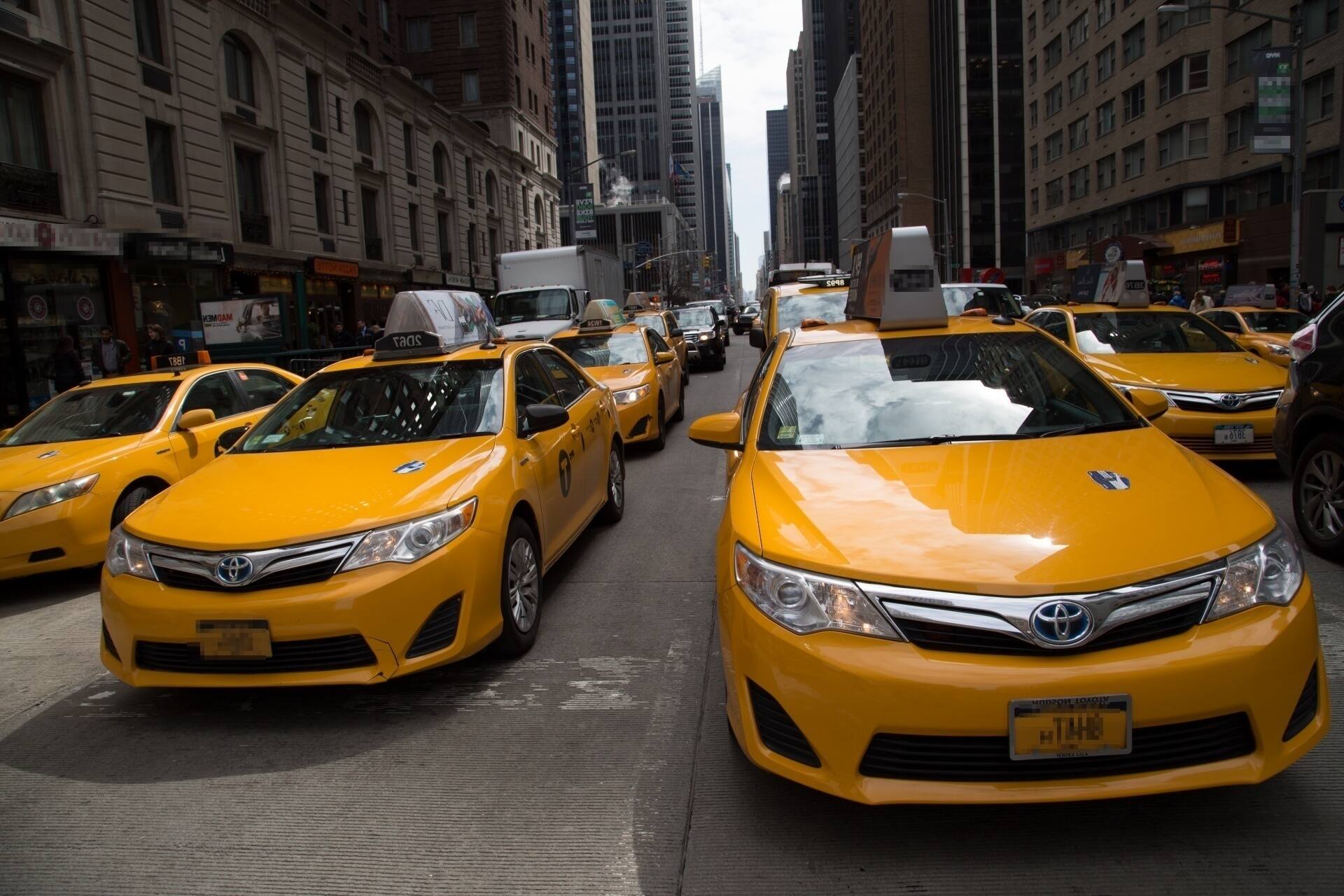
Premature aging can sneak up on anyone, leaving you feeling older than your years. But what exactly causes this early aging, and how can you combat it? Premature aging happens when your body shows signs of aging earlier than it should. This can be due to various factors like lifestyle choices, environmental exposure, and even genetics. From wrinkles and gray hair to reduced energy and joint pain, the signs are often hard to miss. Understanding these factors can help you take steps to slow down the aging process. Ready to learn more? Here are 38 facts that will give you a deeper understanding of premature aging and how to fight it.
Key Takeaways:
- Takeaway 1: Your lifestyle choices and mental well-being can impact how quickly you age. Healthy habits, like eating well, staying active, and managing stress, can help you maintain a youthful appearance.
- Takeaway 2: Protect your skin from premature aging by using sunscreen, quitting smoking, and following a good skincare routine. Natural remedies like aloe vera and green tea can also help keep your skin looking young and healthy.
What is Premature Aging?
Premature aging refers to the early onset of signs typically associated with getting older, such as wrinkles, gray hair, and decreased energy levels. This can be caused by various factors, both internal and external. Understanding these factors can help in taking preventive measures.
-
Genetics play a role: Some people are genetically predisposed to age faster than others. Family history can give clues about how you might age.
-
Sun exposure accelerates aging: UV rays from the sun can damage skin cells, leading to wrinkles, age spots, and even skin cancer.
-
Smoking speeds up aging: The chemicals in cigarettes can damage collagen and elastin, leading to sagging skin and wrinkles.
-
Poor diet affects skin health: Diets high in sugar and processed foods can cause inflammation, which accelerates aging.
-
Lack of sleep shows on your face: Not getting enough rest can lead to dark circles, puffiness, and dull skin.
Environmental Factors
Our surroundings can significantly impact how quickly we age. Pollution, climate, and even the products we use daily can either protect or harm our skin.
-
Pollution damages skin: Airborne pollutants can clog pores and cause skin irritation, leading to premature aging.
-
Climate affects aging: Extreme weather conditions, whether hot or cold, can strip the skin of its natural oils, causing dryness and wrinkles.
-
Harsh skincare products: Using products with strong chemicals can damage the skin's protective barrier, making it more susceptible to aging.
-
Blue light exposure: Prolonged exposure to screens can lead to skin damage and accelerate aging.
-
Stress impacts aging: Chronic stress can lead to the release of cortisol, which breaks down collagen and elastin in the skin.
Lifestyle Choices
The way we live our lives has a direct impact on how quickly we age. Healthy habits can slow down the aging process, while poor choices can speed it up.
-
Alcohol consumption: Excessive drinking can dehydrate the skin, making it more prone to wrinkles and sagging.
-
Lack of exercise: Regular physical activity helps maintain healthy blood flow, which is essential for youthful skin.
-
Hydration is key: Drinking enough water keeps the skin hydrated and plump, reducing the appearance of wrinkles.
-
Balanced diet: Eating a diet rich in antioxidants, vitamins, and minerals can help protect the skin from damage.
-
Avoiding sugar: High sugar intake can lead to glycation, a process that damages collagen and accelerates aging.
Psychological Factors
Our mental state can also influence how quickly we age. Positive mental health can contribute to a youthful appearance, while negative emotions can have the opposite effect.
-
Chronic stress: Long-term stress can lead to the release of hormones that break down skin cells.
-
Depression and anxiety: These conditions can lead to poor self-care, which can accelerate aging.
-
Lack of social connections: Social isolation can lead to feelings of loneliness and stress, which can impact aging.
-
Negative self-image: Constantly worrying about appearance can lead to stress and unhealthy habits, accelerating aging.
-
Mindfulness and meditation: Practices that reduce stress can help maintain a youthful appearance.
Medical Conditions
Certain health issues can make you age faster. Being aware of these can help in taking preventive measures.
-
Diabetes: High blood sugar levels can lead to glycation, damaging collagen and elastin.
-
Heart disease: Poor cardiovascular health can affect blood flow, leading to dull and aged skin.
-
Thyroid issues: An underactive or overactive thyroid can lead to dry skin and hair loss.
-
Autoimmune diseases: Conditions like lupus can cause skin rashes and accelerate aging.
-
Chronic inflammation: Ongoing inflammation in the body can break down collagen and elastin, leading to premature aging.
Preventive Measures
Taking steps to prevent premature aging can help maintain a youthful appearance for longer. Simple lifestyle changes can make a big difference.
-
Sunscreen is essential: Using sunscreen daily can protect the skin from harmful UV rays.
-
Quit smoking: Stopping smoking can improve skin health and slow down aging.
-
Healthy diet: Eating a balanced diet rich in fruits, vegetables, and lean proteins can protect the skin.
-
Regular exercise: Staying active can improve blood flow and keep the skin looking youthful.
-
Adequate sleep: Getting enough rest is crucial for skin repair and regeneration.
Skincare Routine
A good skincare routine can help combat the signs of premature aging. Using the right products can make a significant difference.
-
Moisturize daily: Keeping the skin hydrated can reduce the appearance of fine lines and wrinkles.
-
Use antioxidants: Products with antioxidants can protect the skin from damage caused by free radicals.
-
Exfoliate regularly: Removing dead skin cells can improve skin texture and tone.
-
Retinoids for wrinkles: Retinoid creams can help reduce the appearance of fine lines and wrinkles.
-
Gentle cleansing: Using a mild cleanser can prevent skin irritation and dryness.
Natural Remedies
Natural remedies can also help in preventing premature aging. These are often gentler on the skin and can be very effective.
-
Aloe vera: Known for its soothing properties, aloe vera can help keep the skin hydrated and reduce inflammation.
-
Green tea: Rich in antioxidants, green tea can protect the skin from damage and improve its appearance.
-
Coconut oil: This natural moisturizer can keep the skin hydrated and reduce the appearance of fine lines.
Final Thoughts on Premature Aging
Premature aging can sneak up on anyone. Factors like sun exposure, poor diet, stress, and lack of sleep play significant roles. Simple lifestyle changes can make a big difference. Wearing sunscreen daily, eating a balanced diet rich in antioxidants, managing stress through activities like yoga or meditation, and ensuring you get enough sleep can help keep those early signs of aging at bay.
Don't forget the importance of hydration and regular exercise. Drinking plenty of water keeps your skin plump and youthful, while exercise boosts circulation, giving your skin a healthy glow. Avoiding smoking and limiting alcohol intake also contribute to maintaining a youthful appearance.
By staying informed and making conscious choices, you can slow down the clock and enjoy healthier, younger-looking skin for years to come.
Frequently Asked Questions
Was this page helpful?
Our commitment to delivering trustworthy and engaging content is at the heart of what we do. Each fact on our site is contributed by real users like you, bringing a wealth of diverse insights and information. To ensure the highest standards of accuracy and reliability, our dedicated editors meticulously review each submission. This process guarantees that the facts we share are not only fascinating but also credible. Trust in our commitment to quality and authenticity as you explore and learn with us.


